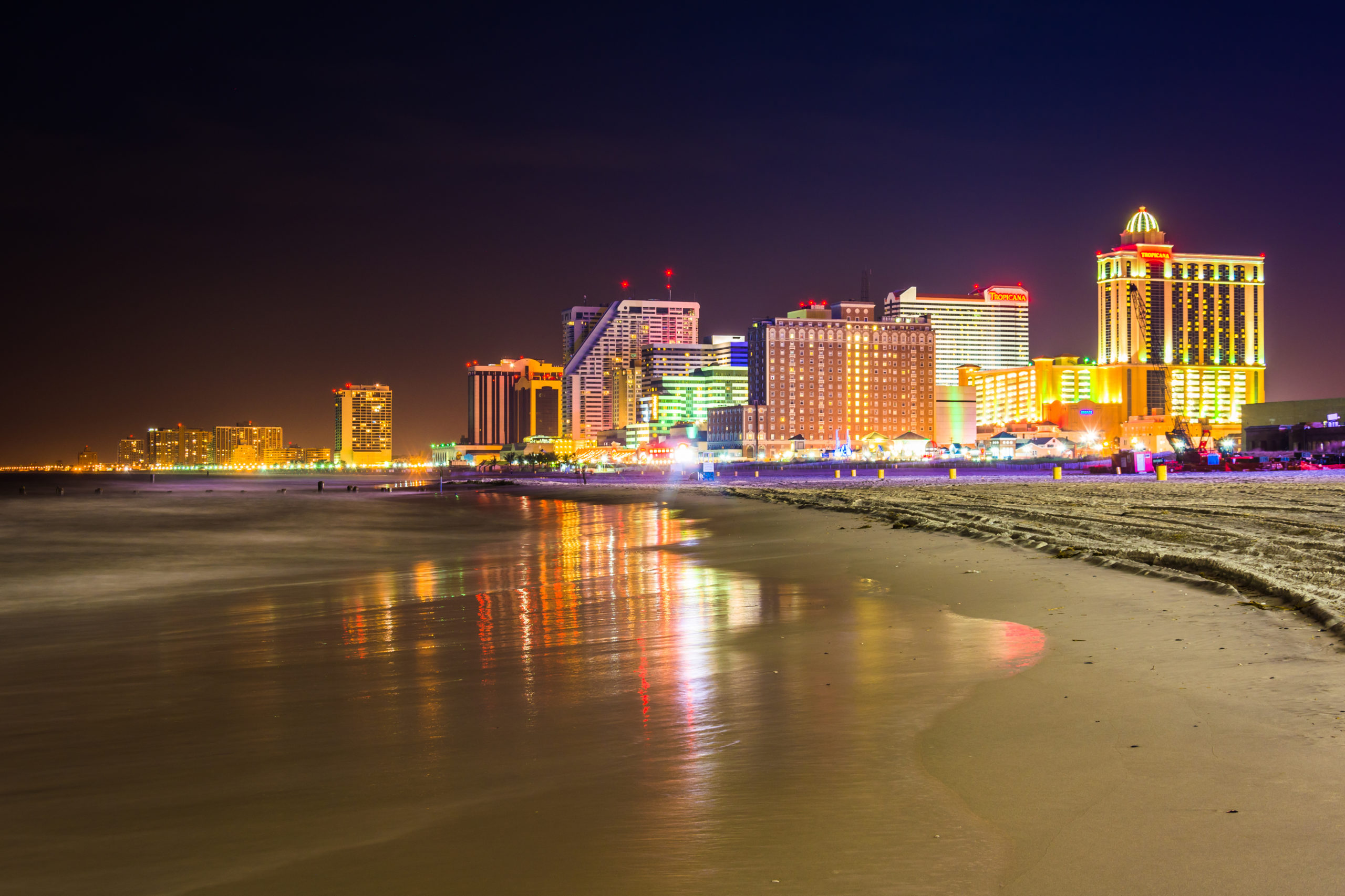In many states, lawmakers legalize sports betting and then compact with tribes in the state to allow it. But Ducey, according to his representative, General Counsel Anni Foster, already “has an agreement in principle” with the tribes, which could ultimately mean that not only could lawmakers be able to legalize, but operators could conceivably launch sportsbooks for mobile sports betting state wide in 2021.
On Tuesday, the House took the first step in that direction when the Commerce Committee passed an amended version of Rep. Jeff Weninger’s HB 2772, 9-1, moving the bill onto the House floor. The Senate Commerce Committee is scheduled to hold a hearing on a mirror bill Wednesday.
The hearing — which was jovial and relaxed in tone — featured a lobbyist representing BetMGM, DraftKings, and FanDuel, three of the biggest sports betting operators in the country, a tribal lobbyist, and representatives from six professional sports leagues, all of whom will have the opportunity to host sportsbooks should it become legal. There were also representatives from the the state’s small-business and licensed-beverage associations, who were in favor of the bill, but requested changes.
Though there were no representatives from the state’s biggest tribes, a lobbyist representing two of the smaller ones said the Walapi and Hualapai tribes would welcome legal sports betting, in part because Weninger’s bill creates a tribal trust fund from which small, non-gaming tribes would benefit should wagering become legal.
“This is part of package of very carefully negotiated agreements between the state of Arizona and the tribes,” he said. It “is the product of four or five years of work, and it really reflects a lot of work. This bill is going to finalize an agreement that will bring funds to many different tribes. The original idea of the gaming compacts was that all tribes would benefit, not just the big tribes in the metro areas. That has largely happened.”
Those words were in stark contrast to what some in Indian Country had to say in 2019 at a Senate hearing on sports betting. At that time, opposition to legalization was fierce.
HB 2772 would allow for retail and mobile wagering through operators tethered to professional sports franchises, including the PGA Tour and NASCAR, and tribal casinos. There would be 10 licenses apiece earmarked for pro franchises and tribal casinos, as well as 10 retail-only licenses for horse racetracks.
That number appears to leave out some of the state’s tribes — there are 16 federally recognized tribes operating 24 casinos. But Weninger and Foster said the tribes are on board. If the bill moves forward, Arizona would be only the second state in which tribal and commercial interests are regulated by the same body. Michigan became the first when it legalized in late 2019. There, the state’s 12 tribes are the only ones in the nation that are regulated by a state agency and pay taxes to the state. Retail wagering in Michigan went live on the eve of COVID-19 shutdowns last March, but on Jan. 22, 2021, the state launched 10 digital operators, some partnered with tribes and some with commercial casinos.
At Tuesday’s hearing, the professional sports teams gave Weninger a warm embrace. They’ll each be entitled to not only have a brick-and-more sports book on property, but a second one within a specific radius, as well as a mobile option. They all said that given the current economic landscape, the extra revenue that sports betting could generate would be welcome.
“In addition to much-needed revenue, we must make sure we are not late to the party,” said Amilyn Pierce, the director of government affairs for MLB’s Arizona Diamondbacks.
Pierce was referring to revenue being captured in other states with legal sports betting. Some pro-team representatives also talked about how COVID-19 restrictions forced the team lay off and furlough hundreds of employees and legal wagering would create jobs.
Pro sports representatives also pointed to bringing sports betting into the legal sphere as a critical reason to move forward. Foster estimated that as many as 1 million Arizonians are already wagering on the black market.
“Right now, I could go out and make a bet, if I wanted to,” said Rob Dalager of Public Policy Partners, which represents the NFL Arizona Cardinals. “But the question is whether or not I would get paid and what kind of data is being used to settle the bet.”
So far, the only pro team that has announced a sport betting partnership is the NBA Phoenix Suns, who have a deal with FanDuel. But representatives from BetMGM, DraftKings, PointsBet, and others have been visiting with potential partners for months.
Should Arizona lawmakers legalize, the state would become the first in the West to broadly do so. Washington State lawmakers legalized tribal-only sports betting a year ago, and regulators are preparing to release proposed rules; the Oregon Lottery offers digital wagering on pro sports only; and a handful of tribes in Oregon and New Mexico currently offer retail betting. Also in Washington, a bill that would expand sports betting to include card rooms and horse racetracks is in play.
In terms of opposition or concern about the current Arizona bill, representatives from the state’s small-business and licensed beverage association asked that the bill, which also gives access to keno and daily fantasy wagering to some fraternal organizations, be more inclusive.
“How can it be that in Arizona that only the big players seem to benefit while small businesses operating with restrictions and being asked to operate under reduced capacity for the foreseeable future are not even mentioned in this bill?” asked David Delos, president of the Arizona Licensed Beverage Association.
Rep. Pamela Powers-Hannley was the sole no-vote on Tuesday. Throughout the hearing, she peppered witnesses with questions about how personal information is kept safe, whether multiple operators could offer wagering at a single site, and if pro sports teams should really host sports betting. In end, she cited concerns for “public health” and because “nobody answered my data privacy questions” as the reasons for her vote against.























